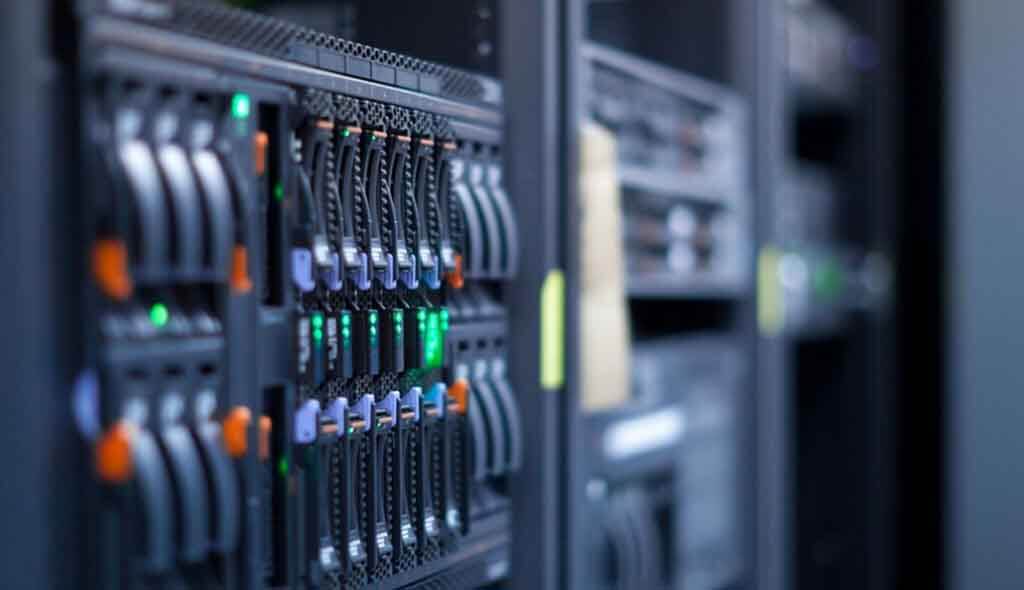A dedicated server is a dedicated physical server that offers high performance and security, with all resources belonging to you.
What is a Dedicated Server? A Private Server Option for Robust Infrastructure
As the need for internet infrastructure increases daily, businesses and individuals' expectations for data processing, hosting, and performance are rising at the same rate. One of the prominent solutions at this point is dedicated servers. These systems, translated into Turkish as "özel sunucu" (private server), are physical servers that offer users high performance, complete control, and maximum security.
What is a Dedicated Server? A dedicated server is a physical server that belongs to only one person or organization and whose resources are not shared with any other user. In these types of servers, all hardware components such as processor, RAM, disk, and network resources are allocated to a single customer. Thanks to this structure, the system becomes completely customized for the user. For example, while many different users use the same physical server in shared hosting services, in a dedicated server, these resources are provided only for your use. This minimizes performance fluctuations and security risks.
How Do Dedicated Servers Work? When a dedicated server is rented, complete control over the server is obtained. Thanks to this control, the desired operating system can be installed, security protocols can be customized, and configurations can be made according to needs. Hosting companies provide flexible options suitable for needs by offering servers in different configurations to customers. These types of servers are generally hosted in data centers and configured to be accessible 24/7. If the user wishes, they can completely take over the management of the server, or they can leave the technical details to the hosting company by purchasing a managed server service.
Why Choose a Dedicated Server? 1. High Performance: Dedicated servers are superior in terms of performance as they allocate all system resources to a single user. They are an ideal infrastructure for websites with heavy traffic, large-scale applications, or services that consume high resources. 2. Enhanced Security: Thanks to the user-specific structure, risks that could be created by other users are eliminated. It provides an extra security layer especially for systems hosting financial data, customer information, or sensitive corporate data.
3. Customization Opportunity: Everything from the operating system to software configuration can be determined by the user. This gives developers great freedom.
4. Stability and Reliability: There is no risk of sudden traffic increases in shared systems affecting your site. Dedicated servers offer stable and predictable performance.
Disadvantages of Dedicated Servers Like any technological solution, dedicated servers also have some drawbacks:
1. High Cost: Dedicated servers are more costly compared to shared hosting or VPS systems. This is because the entire physical server hardware is allocated to a single user.
2. Technical Knowledge Requirement: Processes such as configuring the server, taking security measures, and making updates require technical knowledge. If you are not experienced in this area, you may need a system administrator.
3. Time and Management: Server maintenance and management can be time-consuming. Unless automatic updates and control panel support are received, the system's administration must be done manually.
When Should a Dedicated Server Be Used?
- For e-commerce sites with high traffic
- In systems performing extensive database operations
- For video broadcasting and media services
- For corporate intranet applications
- In structures with critical data requiring high security
Dedicated servers are one of the most appropriate choices for projects that are ready to invest in technical infrastructure and have high resource needs and special control requirements.
